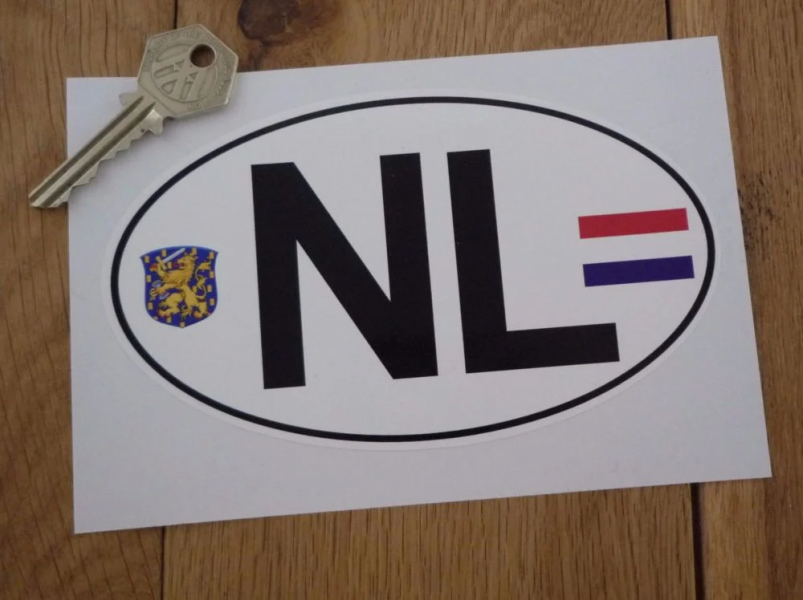"Sound for the concert was engineered by sound engineer Bill Hanley. "It worked very well," he says of the event. "I built special speaker columns on the hills and had 16 loudspeaker arrays in a square platform going up to the hill on 70 feet (21 m) towers. We set it up for 150,000 to 200,000 people. Of course, 500,000 showed up."[29] ALTEC designed marine plywood cabinets that weighed half a ton apiece and stood 6 feet (1.8 m) tall, almost 4 feet (1.2 m) deep, and 3 feet (0.91 m) wide. Each of these enclosures carried four 15-inch (380 mm) JBL D140 loudspeakers. The tweeters consisted of 4×2-Cell & 2×10-Cell Altec Horns. Behind the stage were three transformers providing 2,000 amperes of current to power the amplification setup.[30] For many years this system was collectively referred to as the Woodstock Bins."LOL. Yeah, ask them!
Woodstock Had Some of the Most Legendary Performances in History. But Many Attendees Never Heard a Single Note
"The sound system for The Woodstock Festival was custom designed by Altec and JBL engineers, and utilized three generators delivering 2000 total amps; and was so large it consumed most of the profits of ticket sales."








